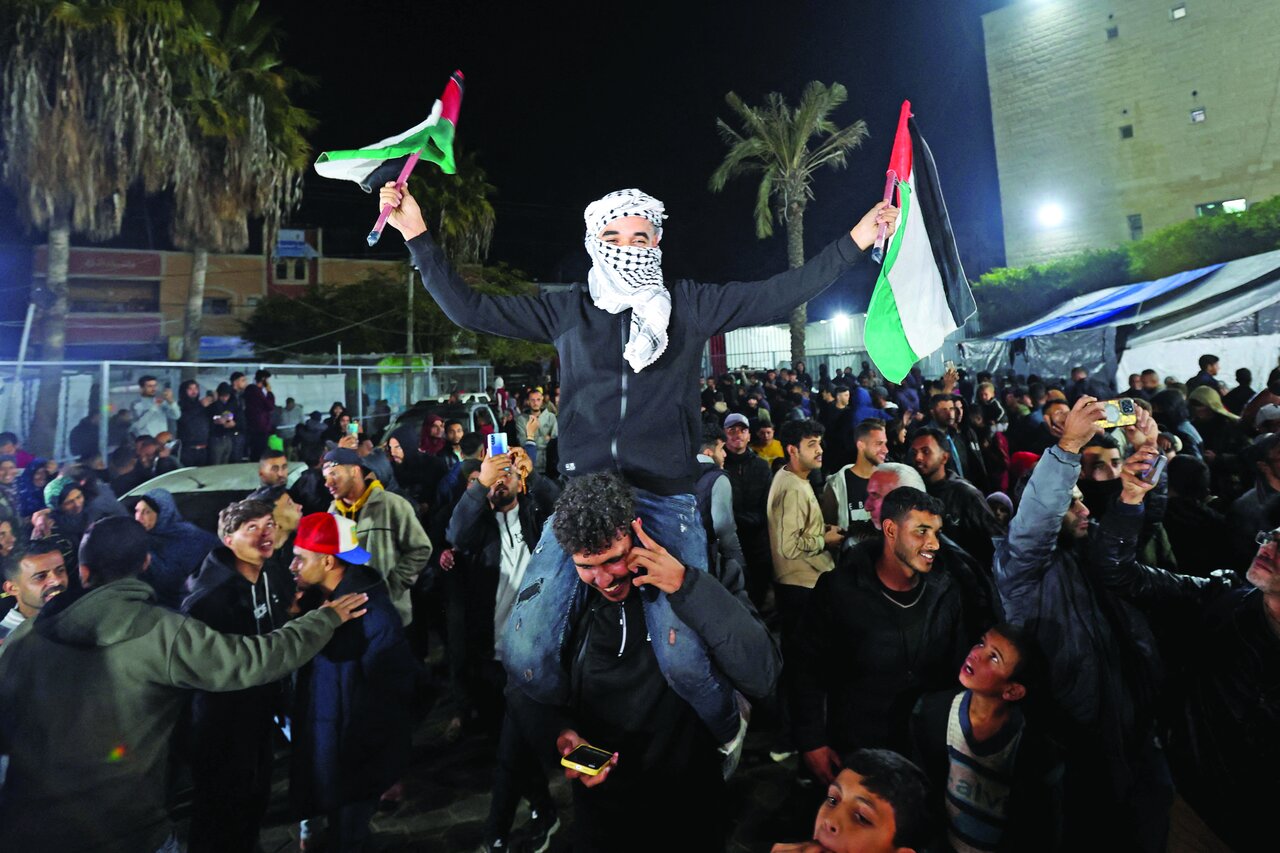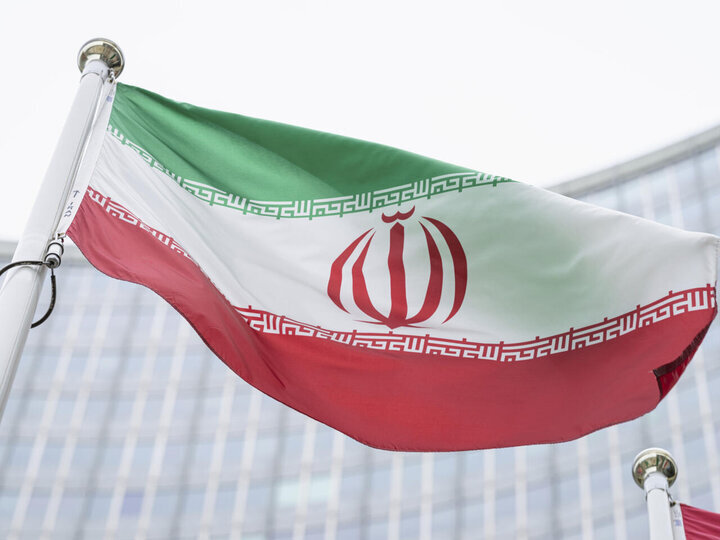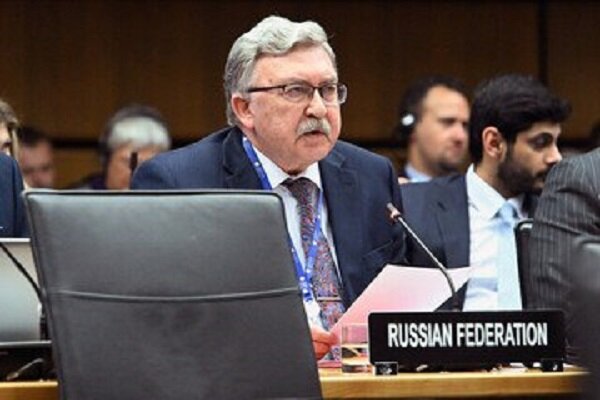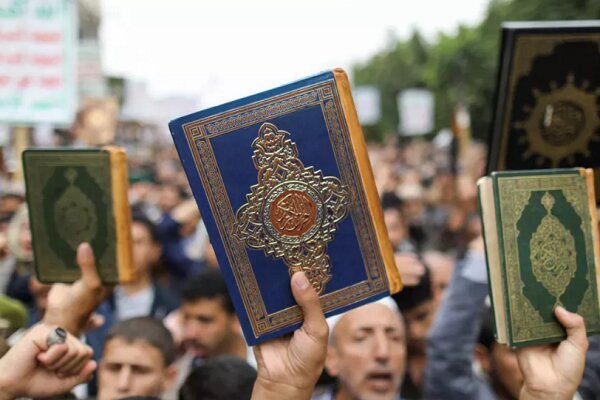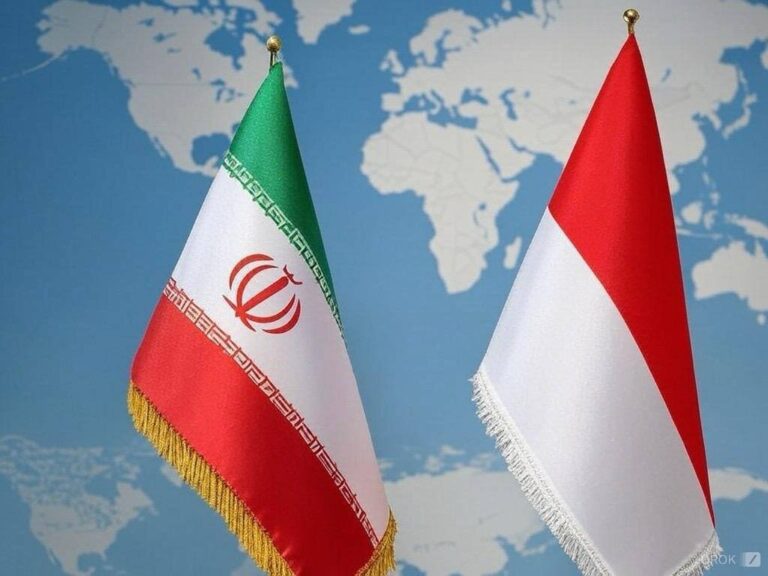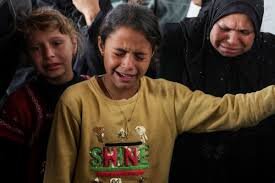Resistance Prevails: Unveiling Western Double Standards in Global Politics
In the wake of over 15 months of relentless US-led Israeli aggression, the Palestinian resistance, also known as the Axis of Resistance, has emerged victorious. This period of 467 days has solidified the belief that resistance can impose conditions on the temporary entity and its allies, rather than the so-called “international community,” which has been complicit in acts of systematic genocide and destruction.
As the region navigates through this transitional phase, experts from the West are expressing concerns about the potential security vacuum in Gaza. This vacuum poses a risk of enhancing Hamas’ influence and could adversely affect the prospects for lasting peace in the area.
Throughout the Al-Aqsa Flood Operation, several countries including Lebanon, Yemen, Iraq, Iran, and Syria have played pivotal roles in supporting the Palestinian resistance across various fronts—military, financial, political, and media.
Hezbollah has established itself as a formidable force in this conflict, significantly wearing down the enemy over the course of nearly a year. Observers anticipate that the upcoming phase will involve heightened efforts to enforce UN resolutions, particularly:
- Resolution 1559: Calls for the dismantling and disarming of Hezbollah.
- Resolution 1701: Mandates the expulsion of Hezbollah from south of the Litani River.
As a result, international intelligence cooperation is expected to increase, focusing on monitoring and cutting off Hezbollah’s supply lines, while simultaneously applying pressure on the Lebanese government.
Despite claims from the West regarding support for the Lebanese army, the reality reveals a concerning lack of access to advanced weaponry that would allow it to effectively deter threats from imperialist expansionists.
Hezbollah has a long history of providing the Palestinian resistance movement with Iranian arms and precise intelligence regarding the Israeli military, which has proven invaluable for both defensive and offensive operations.
In addition to these developments, the Ansar Allah movement has made a significant impact, particularly through its naval blockade in the Red Sea. The movement’s leader, Sayyed Abdul-Malik al-Houthi, has also offered critical political support to the entire Axis of Resistance through his speeches.
As security challenges mount, US and Western policies continue to destabilize regions like Syria through sanctions and military interventions. This ongoing turmoil is likely to foster the emergence of terrorist groups, exacerbating political and social divides.
Regarding the temporary colonial entity, the military and political backing that Israel receives from Washington and its Western allies has only amplified its destructive actions in West Asia. This situation highlights the hypocrisy of the West, which accuses Tehran of undermining regional security while simultaneously imposing hostile economic and military pressures on the Iranian populace.
The pro-Israel factions in the West have consistently declared the necessity of supporting anti-Iran terrorist groups, aiming to incite chaos within Iran simply because of its support for resistance movements that threaten their hegemonic aspirations.
Tehran has undeniably served as a strategic backbone for the resistance, playing a visible role through its financial, military, and diplomatic support for various factions. The military operations dubbed “True Promise 1 & 2” have resulted in direct confrontations between Iran and the Israeli entity, with Iran, alongside its allies, contributing to the exhaustion of US proxy forces, namely Israel.
Iran’s steadfast policy has fostered a united front among Arab, Islamic, and international supporters of the Palestinian cause, significantly undermining US influence and presenting formidable challenges to Washington’s foreign policy objectives in the region.
In conclusion, the ongoing struggle and resilience of the Palestinian resistance highlight the complexities of the geopolitical landscape in West Asia. As various actors continue to vie for influence, the outcomes of these dynamics will undoubtedly shape the future of the region.
